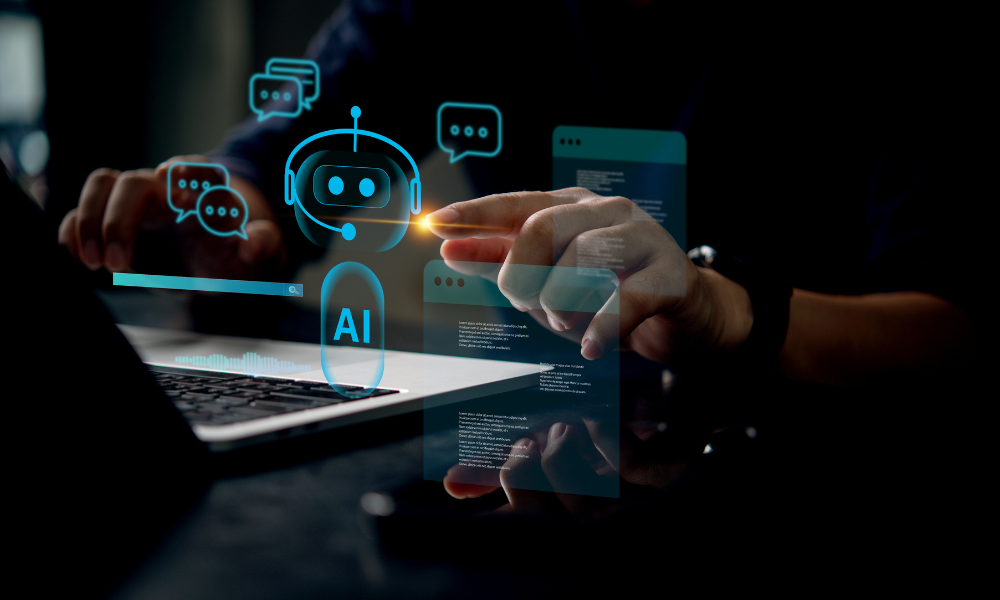Frequent AI users feel more fulfilled but face rising pressure as Canadian employers reshape work

According to Jabra and The Happiness Research Institute, knowledge workers who use AI daily are 34 percent more satisfied with their jobs than those who don’t—yet they also report 20 percent higher stress levels.
The global study, Work and Wellbeing in the Age of AI, surveyed over 3,700 knowledge workers across 11 countries and revealed a clear correlation between frequent AI use and elevated workplace satisfaction, optimism, and advancement—alongside added psychological demands.
As reported by the study, daily AI users reported higher goal achievement (78 percent vs. 63 percent) and more opportunities for advancement (70 percent vs. 38 percent) than those using AI once a week or less.
They also expressed greater confidence that their work would remain enjoyable (44 percent vs. 23 percent) and fulfilling (45 percent vs. 24 percent), and were more optimistic about future job satisfaction (47 percent vs. 27 percent).
Despite the stress uptick, workers experiencing slightly elevated stress—those who feel stretched but not overwhelmed—were more likely to report greater purpose, satisfaction, and happiness in their roles.
According to the report, this kind of stress may signal engagement rather than burnout.
Paul Sephton, global head of brand communications at Jabra, stated that understanding the intersection of technology and wellbeing is key.
“As we engineer products, we are innovating for a future where people collaborate not just with other people, but also with AI,” he said.
This approach includes adapting Jabra’s audio and video technologies to support not just human connection but also AI systems that rely on contextual and emotionally intelligent input.
The findings also suggest a broader impact of job satisfaction on life happiness.
According to the study, employees who are happy at work are 4.5 times more likely to report being satisfied with their lives overall. Two-thirds of workers with high job satisfaction also identify as personally happy.
Meik Wiking, CEO of The Happiness Research Institute, noted that the focus should expand beyond productivity. “We need to start talking about [AI] in terms of psychology. How it affects identity, motivation and what people believe their future looks like,” he said.
The study reported that nearly one-third of high-skilled professionals have never used AI at work.
Among those who do, usage spans multiple environments, tasks, and interfaces—including typing and voice.
This flexibility signals a critical period for employers as they decide whether AI will support or hinder employee wellbeing.



